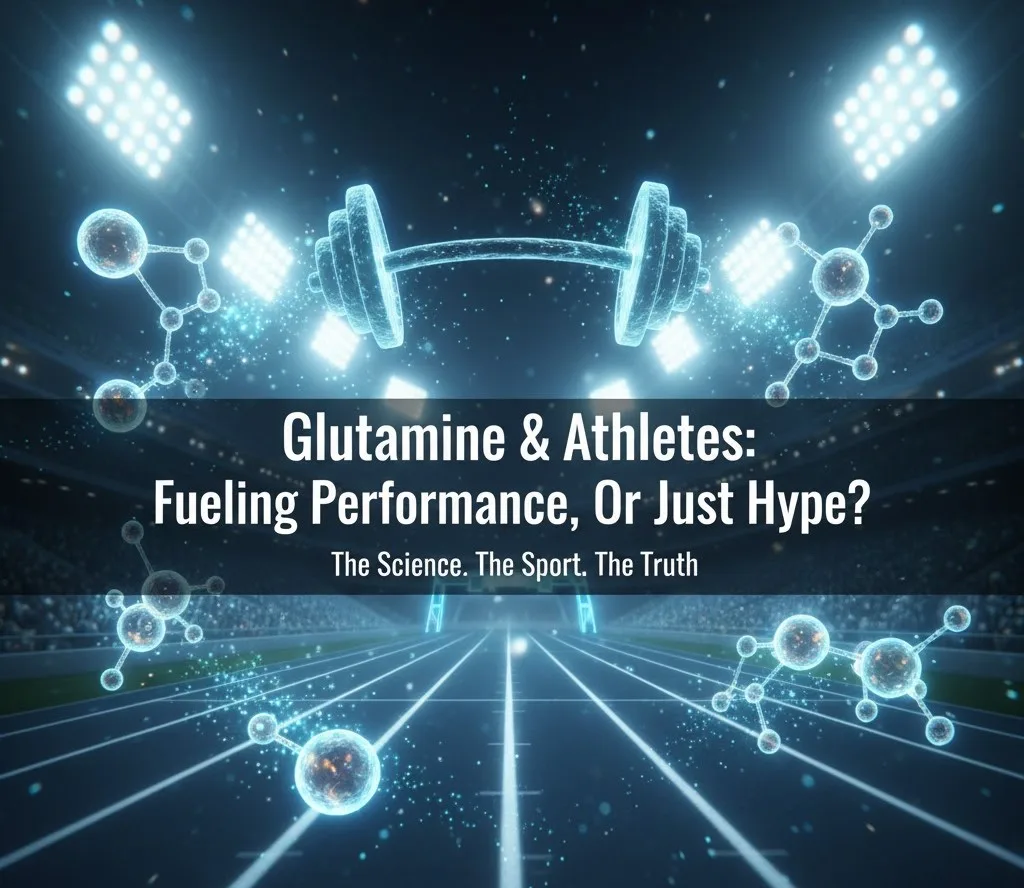Glutamine, an amino acid, has long been a popular supplement in the athletic community, often touted for its purported benefits in muscle recovery, immune function, and gut health. However, a closer examination of its origins in clinical settings and the current scientific evidence reveals a more nuanced picture, particularly concerning its efficacy for healthy athletes.
The introduction of glutamine into the realm of sports supplementation largely stems from its observed benefits in individuals suffering from severe catabolic states, such as burn victims or those with wasting diseases. In these critical clinical scenarios, glutamine, often administered intravenously, plays a vital role in supporting recovery and maintaining physiological functions. The rationale was that if glutamine aided recovery in highly stressed individuals, it could similarly benefit athletes undergoing intense training.
However, a crucial distinction lies in the mode of administration and the metabolic state of the individual. In clinical settings, IV administration bypasses the digestive system, ensuring direct delivery to the bloodstream. When glutamine is taken orally, especially in healthy individuals, a significant portion—reportedly up to 50%—is metabolized by the cells of the small intestine. This means a substantial amount never reaches the systemic circulation, let alone the muscles, to exert the desired effects.
Furthermore, research investigating the impact of glutamine supplementation on athletes has yielded mixed results. While anecdotal evidence and marketing claims abound, robust scientific studies often present a less compelling case. Some studies, even those administering high doses—reportedly in the range of 60 to 70 grams, far exceeding the commonly suggested "normal" dose of 10 grams per day—have shown no significant impact on performance, recovery, or muscle protein synthesis in well-trained athletes.
The human body, when healthy and well-nourished, typically produces sufficient glutamine to meet its needs. While intense exercise can temporarily deplete glutamine stores, the physiological response in healthy athletes usually involves a compensatory increase in glutamine synthesis. Therefore, supplementing with additional glutamine may not provide an extra advantage beyond what the body can naturally manage.
In conclusion, while glutamine holds undeniable importance in clinical nutrition for compromised individuals, its widespread use as a performance-enhancing or recovery-boosting supplement for healthy athletes lacks strong scientific backing. Athletes considering glutamine, or any supplement, should prioritize a balanced diet, adequate rest, and evidence-based training protocols, and consult with sports nutrition professionals to determine the genuine need and potential benefits of any supplemental regimen.

